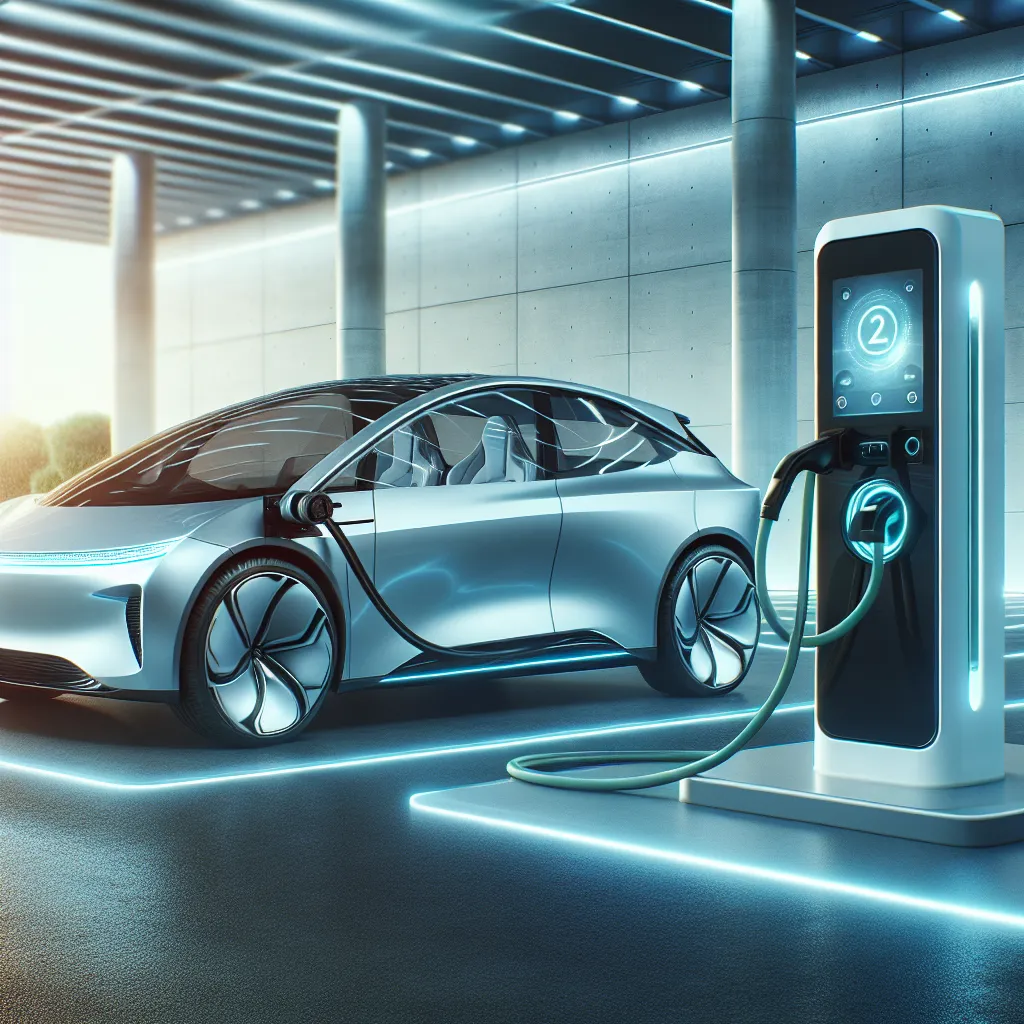Advancements in Electric Vehicle Technology: What Lies Ahead
Advancements in electric vehicle technology have been driving the swift evolution of the automotive industry, with a strong emphasis on sustainability and eco-friendly transportation. The future of electric cars looks promising, with innovative developments aiming to address current challenges and enhance the overall performance of electric vehicles.
One of the key technological advancements shaping the future of electric cars is the progress in battery technology. Manufacturers are investing heavily in research and development to improve the energy density, charging times, and overall lifespan of batteries. This will enable electric cars to achieve longer ranges on a single charge and make the ownership experience more convenient and practical for consumers.
Furthermore, the integration of advanced materials, such as lightweight composites and high-strength alloys, is revolutionizing the design and construction of electric vehicles. This not only contributes to improving energy efficiency but also enhances the safety and durability of electric cars, thereby boosting their appeal to a wider audience.
Another exciting area of innovation lies in autonomous driving technology, which has the potential to redefine the concept of transportation. Electric vehicles equipped with sophisticated autonomous capabilities could not only enhance safety but also revolutionize the way people commute, offering a glimpse into a future where mobility is seamlessly interconnected with cutting-edge technology.
Despite these remarkable advancements, electric cars still face challenges such as charging infrastructure, cost, and public perception. However, with the ongoing technological breakthroughs and growing environmental awareness, the future of electric cars appears increasingly promising, heralding a sustainable and efficient era of transportation.
Overcoming Hurdles: Challenges in the Path of Electric Cars
As the automotive industry continues to shift towards sustainable and eco-friendly technologies, electric cars have emerged as a promising solution to reduce carbon emissions and dependence on fossil fuels. However, the widespread adoption of electric vehicles (EVs) is not without its challenges. One of the major hurdles in the path of electric cars is the limited infrastructure for charging. The availability of charging stations, especially in non-urban areas, remains a significant concern for potential EV owners. Innovation and investment in expanding the charging network are crucial to address this issue and build consumer confidence in the viability of electric cars for long-distance travel.
Another obstacle is the cost and availability of raw materials for manufacturing batteries. Lithium-ion batteries, which are essential components of electric vehicles, rely on minerals such as cobalt and lithium, the production of which raises environmental and ethical concerns. Developing sustainable and ethical supply chains for battery materials is imperative to ensure the ecological integrity of electric cars.
Moreover, the weight and size of batteries impact the driving range and overall performance of electric vehicles. Research and development efforts are focused on enhancing the energy density of batteries and exploring alternative technologies, such as solid-state batteries, to overcome these limitations.
Regulatory policies and government incentives play a vital role in shaping the future of electric cars. Supportive policies that promote EV adoption, such as tax incentives, rebates, and subsidies, can significantly influence consumer behavior and market dynamics. However, the evolving regulatory landscape and potential shifts in governmental priorities create uncertainties for automakers and investors in the electric car industry.
In conclusion, while electric cars offer a promising vision for a sustainable future of transportation, overcoming the challenges of charging infrastructure, raw material sustainability, battery technology, and regulatory frameworks is essential for their widespread acceptance and success in the global automotive market.
The Environmental Impact of Electric Cars: A Look Into the Future
As the automotive industry continues to shift towards sustainability, the future of electric cars appears increasingly promising. One of the most compelling aspects of electric vehicles (EVs) is their potential to significantly reduce environmental impact compared to traditional internal combustion engine vehicles. The shift towards electrification represents a crucial step in addressing the challenges of climate change and air pollution.
Electric cars offer a promising solution to lower greenhouse gas emissions and reduce reliance on fossil fuels. With advancements in battery technology and the increasing availability of renewable energy sources, the environmental benefits of electric cars are expected to further improve in the future. The development of more efficient and sustainable battery technologies, such as solid-state batteries, holds the potential to enhance the environmental performance of EVs by extending their driving range and reducing the reliance on rare earth metals.
Despite the environmental benefits, the widespread adoption of electric cars presents its own set of challenges. The production and disposal of lithium-ion batteries, the current standard for EVs, raise concerns about resource extraction, recycling, and environmental impact. Addressing these challenges will require continued research and innovation to develop sustainable materials and recycling processes for electric vehicle batteries.
Looking ahead, the future of electric cars holds great promise for reducing the environmental impact of transportation. With ongoing advancements in technology, coupled with efforts to optimize charging infrastructure and promote sustainable manufacturing practices, electric cars are poised to play a pivotal role in shaping a cleaner and more sustainable future.

